While religion plays a major role in many parts of the world, there are also entire nations where faith simply doesn’t factor much into everyday life.

Whether due to political history, cultural values, or a strong emphasis on science and secular ethics, these countries have some of the highest percentages of non-religious people on the planet. But being non-religious doesn’t mean being hostile to faith—it often just means people are more likely to describe themselves as agnostic, atheist, spiritual-but-not-religious, or simply uninterested in organised religion. Here are 12 countries where secular thinking is the norm rather than the exception.
1. Czech Republic
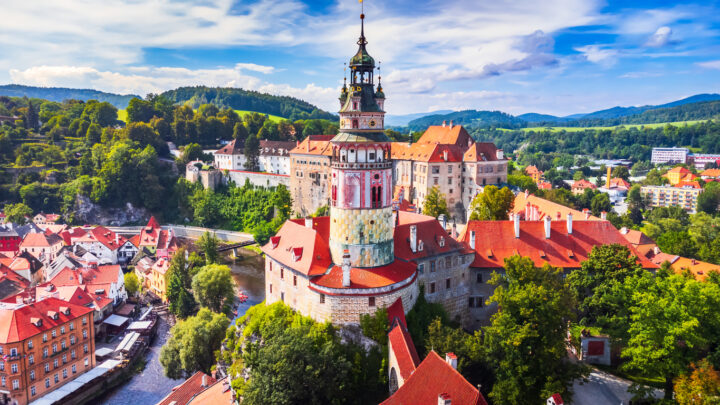
The Czech Republic consistently ranks as one of the least religious countries in Europe. Around two-thirds of the population say they have no religious affiliation, and many see religion as a relic of the past rather than something relevant to modern life.
This secular trend dates back to Communist rule, when religion was discouraged, but it’s also a cultural thing. Czech society tends to value science, individualism, and pragmatism over spiritual doctrine—though you’ll still find the occasional beautifully preserved church tucked into the landscape.
2. Sweden
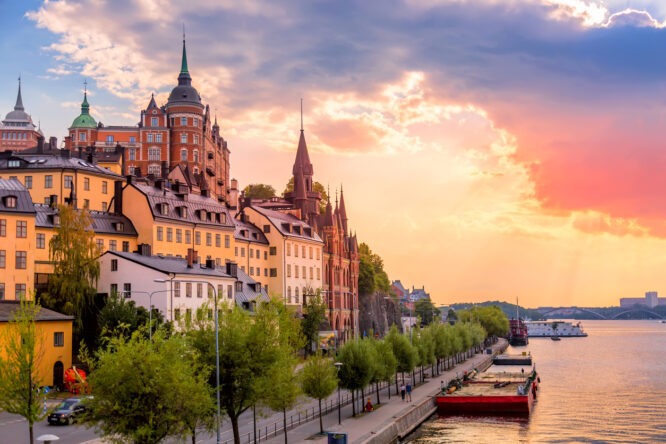
Sweden is often cited as one of the most secular countries in the world. While many Swedes are still technically members of the Church of Sweden, actual church attendance and religious belief are low—many remain members mainly for traditional or cultural reasons.
Swedish society places a strong emphasis on personal freedom, equality, and reason, which tends to push religion into the background. That said, Swedes are generally tolerant of all beliefs—it’s just that religion doesn’t really shape their day-to-day lives.
3. Japan
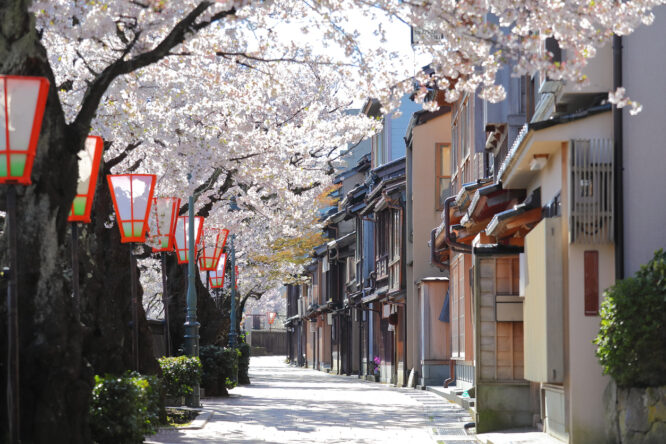
Religion in Japan is complex—it blends traditions like Shinto and Buddhism, but most people don’t identify as “religious” in a Western sense. Participation in rituals is often more cultural than spiritual, and formal belief in gods or doctrine is quite rare.
For many Japanese people, religious practices are about community, celebration, or respect for ancestors—not about personal salvation or moral codes. It’s a subtle, integrated approach that feels very different from organised religion in the West.
4. Estonia
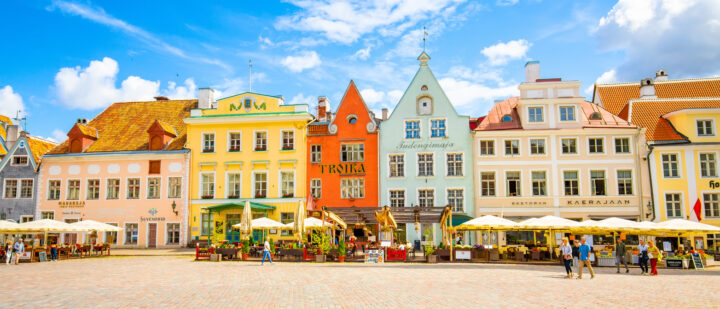
Estonia is regularly ranked as the most non-religious country in the EU. Less than 20% of people identify with any religious faith, and public life is largely secular. Churches are often visited more for architecture than worship.
Much like its Baltic neighbour Latvia, Estonia’s secularism has roots in both Soviet history and a strong sense of national identity that doesn’t rely on religion. Many Estonians embrace nature-based spirituality or secular humanism over traditional faiths.
5. Norway

Even though Norway still has a national church, regular religious practice is in sharp decline. A large percentage of Norwegians identify as non-believers or only loosely affiliated with religion for ceremonial reasons like weddings or funerals. Social values in Norway lean heavily toward inclusiveness, egalitarianism, and scientific thinking. Faith isn’t frowned upon—it’s just not something that comes up very often in daily conversation or policy.
6. China

China’s relationship with religion is shaped by both tradition and government policy. Officially atheist and ruled by the Communist Party, China has a long history of state suspicion toward organised religion, though folk traditions and ancestor worship still exist.
Many Chinese people consider themselves non-religious, with daily life focused more on family, work, and practical concerns. There’s also a growing curiosity about philosophy and spirituality, but it’s often explored outside the bounds of formal religion.
7. Denmark
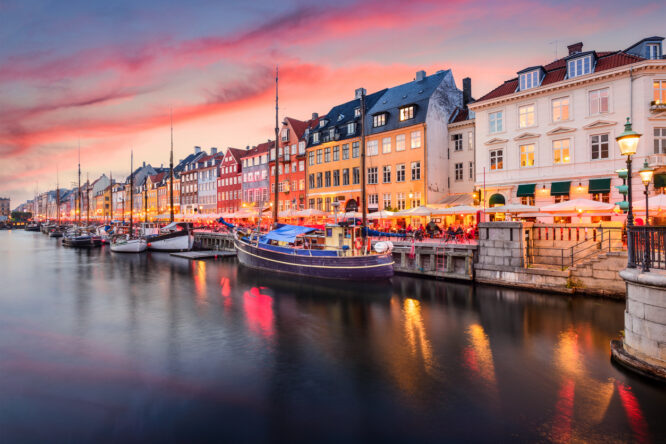
Like Sweden and Norway, Denmark has a national church that most people are passively affiliated with—but actual belief and participation are minimal. Danes are famously relaxed about religion, and many treat it as a private or even philosophical matter.
Most people baptise their kids or get married in churches for tradition’s sake, but they don’t necessarily believe in God or attend services. A strong welfare system and cultural emphasis on trust in other people often take the place of religious community.
8. South Korea

South Korea has a vibrant mix of religious traditions—including Christianity and Buddhism—but it also has a huge portion of the population (around 60%) that identifies as non-religious.
This secular shift is especially prominent among younger generations, who often see religion as outdated or too closely tied to social control. While spiritual practices still thrive in pockets, there’s growing preference for secular philosophy and personal exploration.
9. Finland
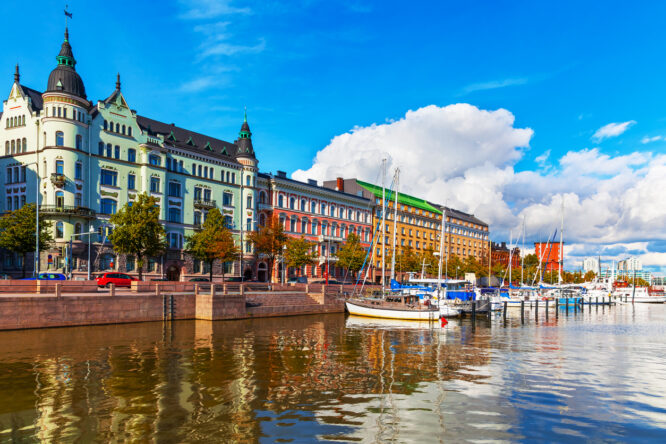
Finland may have a Lutheran majority on paper, but belief and participation rates are steadily dropping. Many Finns remain part of the church just to access services like weddings or funerals—beyond that, religion holds little sway in public life.
Finnish culture places a lot of value on privacy and introspection. Faith tends to be treated as a personal thing, not a collective or social identity. As a result, secular thinking is the norm, especially among younger people.
10. France
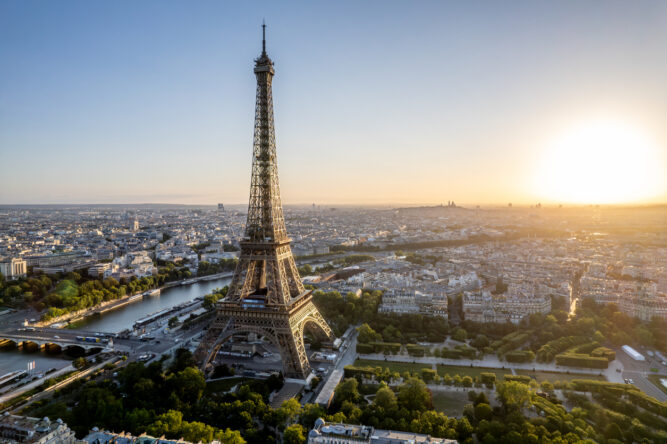
France’s secularism is actually written into its laws, thanks to its long-standing commitment to laïcité, the separation of church and state. While many identify culturally with Catholicism, actual belief and practice have dropped sharply in recent decades.
Religion in France is seen as a private matter. Public institutions like schools and politics are kept firmly secular, and there’s an ongoing push to protect this neutrality. For many French people, human rights and rationalism outweigh religious tradition.
11. The Netherlands
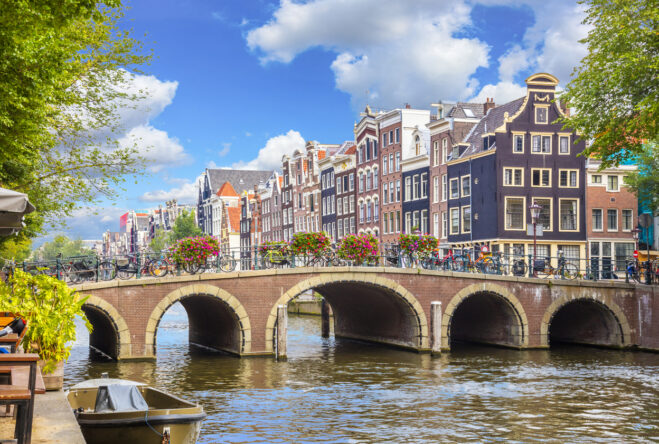
The Netherlands is another country where church membership and belief have fallen steadily. While religious tolerance is part of Dutch history, modern society has moved toward a much more secular, individualistic approach to life and morality.
Today, most Dutch people identify as non-religious or spiritual in a loosely defined way. Values like openness, social responsibility, and scientific thinking tend to shape public discourse far more than faith or scripture.
12. United Kingdom
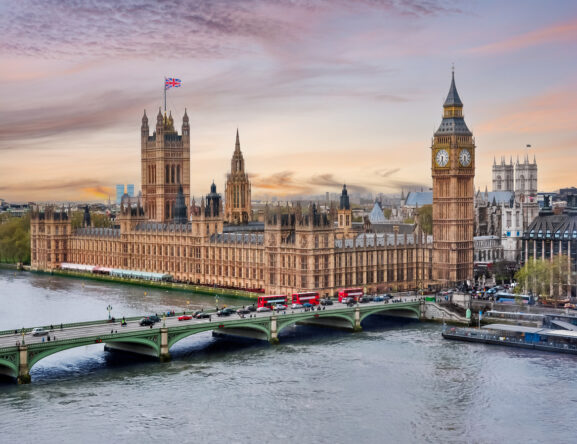
Religion still exists here in the UK, but it’s faded into the background for many. The Church of England may be woven into national tradition, but a growing number of people, especially under 40, describe themselves as having no religion at all.
The UK’s secular shift is less about dramatic change and more about quiet cultural drift. Many people still enjoy Christmas or Easter, but purely for the festivity. Belief isn’t mocked—it’s just increasingly seen as optional rather than central to identity.




